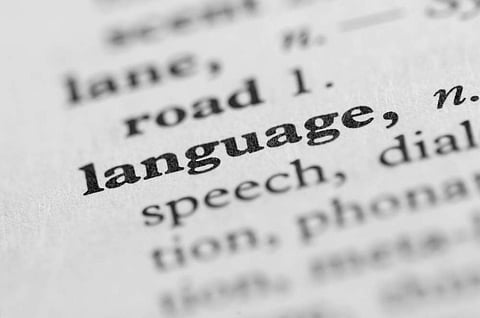

Punctuation marks play an important role in giving the intended meaning to the language. Use of wrong punctuation marks can change the meaning of a message completely. Often, this funny anecdote is given to illustrate the importance of punctuation. Once, a professor of English wrote the words ‘A woman without her man is nothing’ on the board and asked her students to punctuate it correctly. The male students wrote, ‘A woman, without her man, is nothing.’ The female students wrote, ‘A woman: without her, man is nothing.’
Look at the sentences below:
1. Let’s learn how to cut and paste kids.
2. Let’s eat grandpa.
3. We love eating babies and chatting.
4. Some children stoned dogs, Bill, and Harry.
Don’t the sentences above sound funny? The first sentence conveys the meaning that we are going to learn how to cut and paste kids. The second sentence means that we are going to eat grandpa and so on.
By using the comma inappropriate places, we can convey the intended meaning effectively:
1. Let’s learn how to cut and paste, kids.
2. Let’s eat, grandpa.
3. We love eating, babies, and chatting.
4. Some children stoned the dogs, Bill and Harry.
Consider this pair of sentences:
1. My brother who is a scientist is in New York.
2. My brother, who is a scientist, is in New York.
The first sentence implies that I have more than one brother and here the reference is to the one who is a scientist whereas the second sentence implies that I have only one brother and he is a scientist. This grammatical explanation may help the reader. The pronouns who and which are used to identify or define nouns. The clause who is a scientist in the first sentence is a restrictive relative clause and it is not separated by commas in writing and not separated by a pause in speech. The clause who is a scientist in the second sentence is a non-restrictive relative clause and it is separated by commas in writing and separated by a pause in speech.
What is called the ‘Oxford comma’? Commas are used to separate items in a sentence. The Oxford comma is the last comma in a series of items in a list before “and” or “or”. Look at this example:
• John has two brothers, three sisters, and five cousins.
In this sentence, the last comma which comes before and is called the Oxford comma. Some newspapers drop the Oxford comma as the editors think that it is unnecessary. Omitting the Oxford comma can confuse the reader and lead to the misunderstanding.
